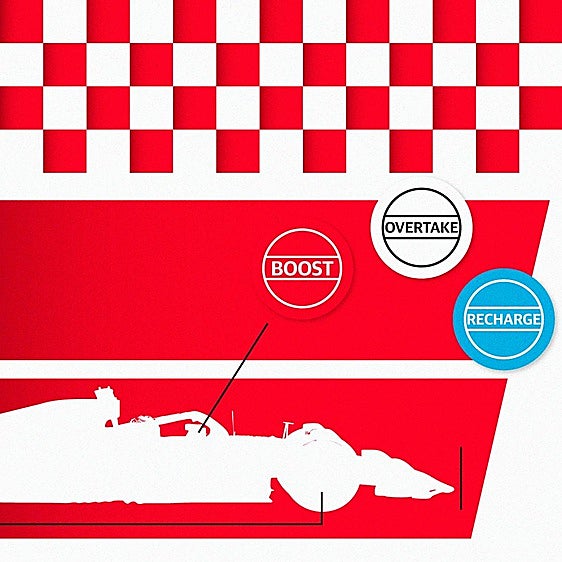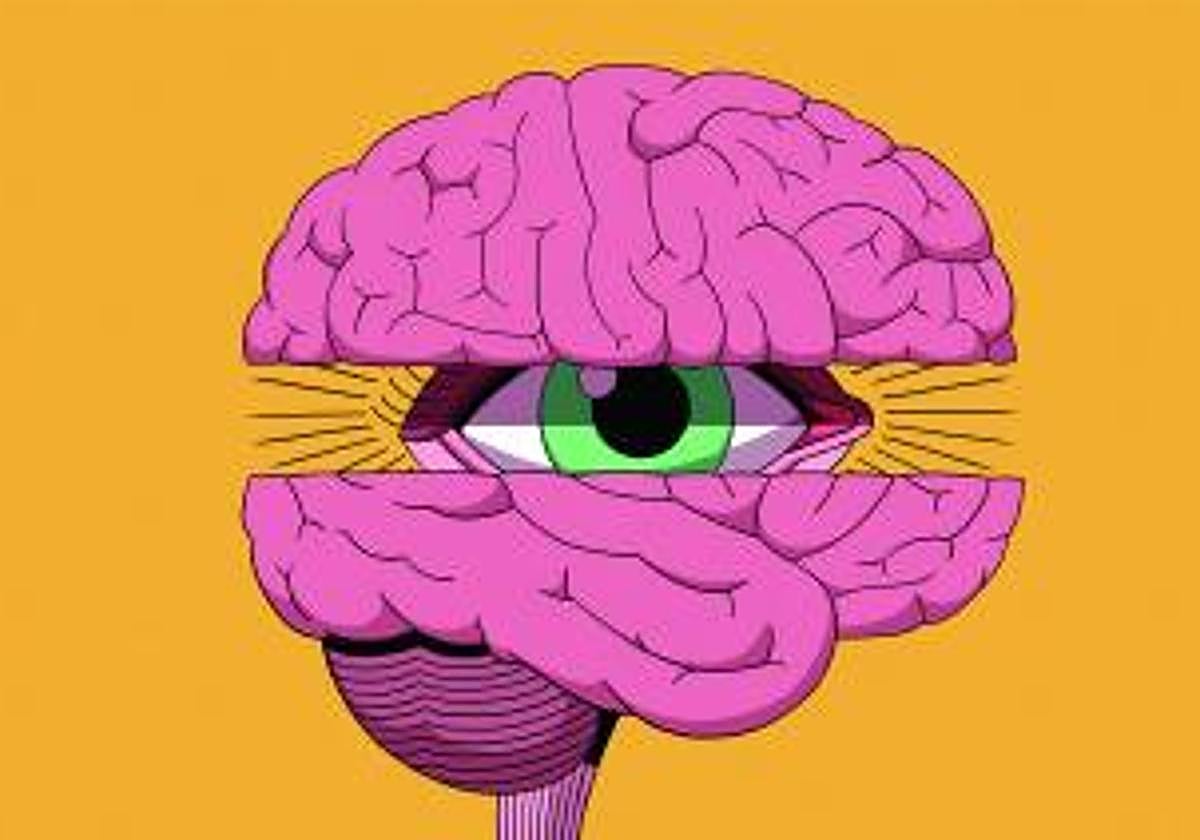Time to knock neuromyths on the head
Listening to Mozart doesn't make us clever and we do use more than ten per cent of our brain. A lot of things we believe are actually erroneous
Marta Fernández Vallejo
Viernes, 5 de mayo 2023, 12:48
Neuromyths are erroneous beliefs about the brain which originate from simplifications or incorrect 'readings' of results and scientific evidence. They have a certain basis but are then distorted, adorned or reinterpreted and, when we hear them, we end up taking them at face value.
In the field of education, where there is a continual search for effective teaching methods based on neurosciences, it is common to find that this leads to learning techniques which have no scientific basis being applied in classrooms. The latest findings in neurology have debunked many of these beliefs, as can be seen below.
We only use a small part of our brain
One very widespread myth about how the brain functions is that we humans only use about ten per cent of this organ. It says that if we knew how to stimulate the inactive parts of the brain we could achieve greater intellectual performance.
"This statement is completely false. Although in some circumstances there can be some parts of the brain that are not working, it is normally 100 per cent active at practically every moment of the day," says José Manuel Muñoz, a researcher at the CINET International Neuroscience and Ethics Centre.
The use of technologies such as magnetic resonance has shed more light on this subject and has shown that "only when someone has suffered a brain injury with severe damage are any parts inactive," say José Ramón Gago and Carme Trinidad, professors of Neuroscience and authors of a book on neuromyths in education.
Even when we sleep, "every part of our brain shows some level of activity, so it would be impossible for us to only be using ten per cent of what there is," they explain.
"We should not expect the use of brain training tools in healthy individuals to awaken the 'sleeping parts' of our brains, nor that, because of it, we are going to become geniuses," José Manuel Muñoz says.
Sugar affects attention span and makes children hyperactive
We often hear that children who consume sugary drinks and snacks suffer from attention deficit and can even become hyperactive.
"Nothing could be farther fro the truth. There are serious studies to show that sugar does not have a significant effect on children's behaviour and their intellectual performance," Muñoz says. He does, however, point out that consuming too much sugar can be harmful for the health.
Everybody has one predominant side of the brain
One very widespread belief is that there are 'left-brained' and 'right-brained' people, and that those where the right hemisphere is predominant are creative while those with a predominant left hemisphere are better at numbers and logic.
This even has implications in teaching: depending on which side of the brain is predominant, some children will learn verbally and others visually. But it is not true.
"It is wrong to think that some people have a mental process which is fundamentally creative or, on the other hand, analytical, and that this also derives from a predominant functioning of the left or right hemisphere of the brain. A pupil does not use one side of the brain more than the other in order to learn, as long as there has been no brian injury or structural alteration," says Muñoz.
What is certain is that the brain always works in a coordinated fashion. "And people will use more creative or more analytical strategies depending on the problem they have to solve," he says.
Erroneous beliefs about the brain sometimes lead to teaching methods with no scientific basis
Listening to classical music makes us more intelligent
They call it the 'Mozart effect': listening to music increases academic intelligence. There is a very widespread custom of exposing children to classical music during their development. This belief has a lot to do with a publication in 1993 in Nature magazine of some research by the University of California which played Mozart to pupils for ten minutes and then gave them a test. They obtained higher marks than those who had not heard the music.
"The study does not at any time talk about IQ, it does not claim that this type of music increases intelligence. It only shows an improvement in spatial-temporal reasoning abilities and the experiment also showed that the effects or benefits only lasted for 15 minutes," the experts say.
After that research there were many others which did not provide scientific evidence to back up the effect.
"All the studies have done is show that 'musical education' - not listening to music - is beneficial to children's cognitive development," they explain.
The most important stage for the brain: up to the age of three
The first three years of life play an essential role in setting future brain skills. This is a very deep-rooted belief but it is not exactly correct. Parents are afraid that they might not maximise their child's brain up to the age of three, thinking that it will have an irreversible effect on intelligence, so they stimulate the child with all types of activities.
"Taking brain development as a whole, it is true that there are periods when a child learns faster. But that is not mathematical. There is no specific calendar to say 'from birth to three, this; from three to six, that'. When we talk about neuro-education we should not talk about the first three years of life, but of the whole life cycle," Gago and Trinidad explain.



